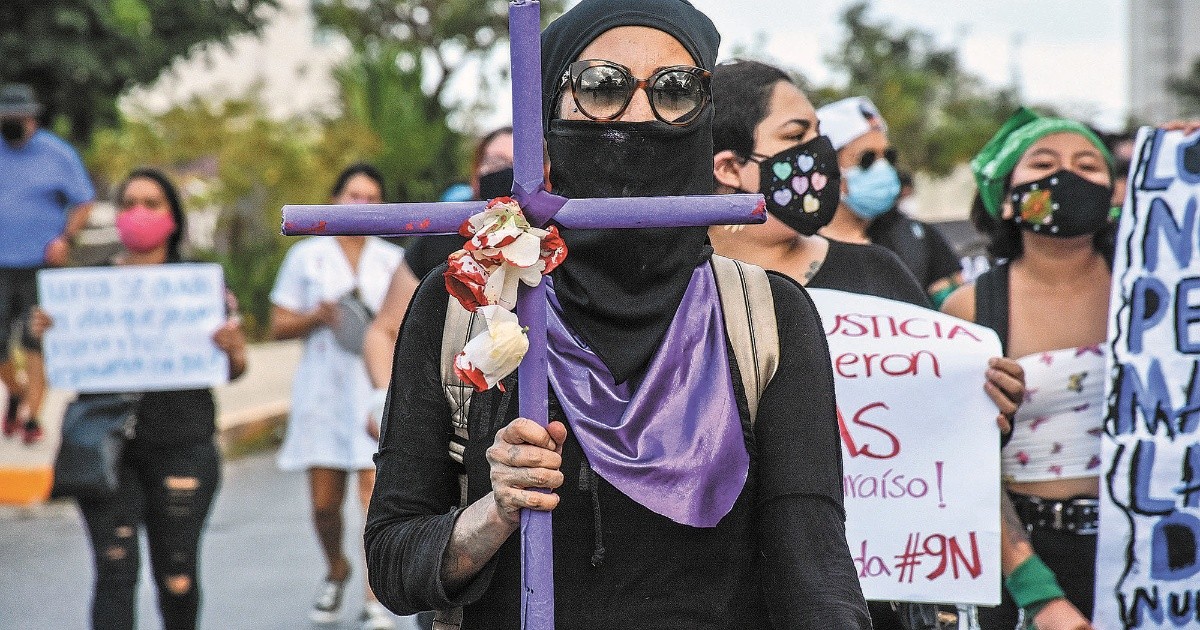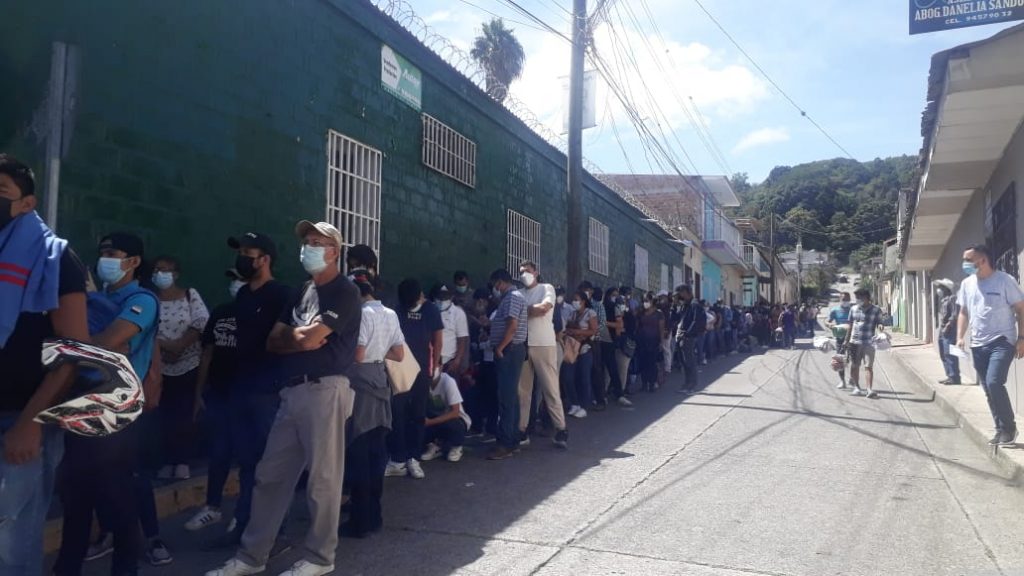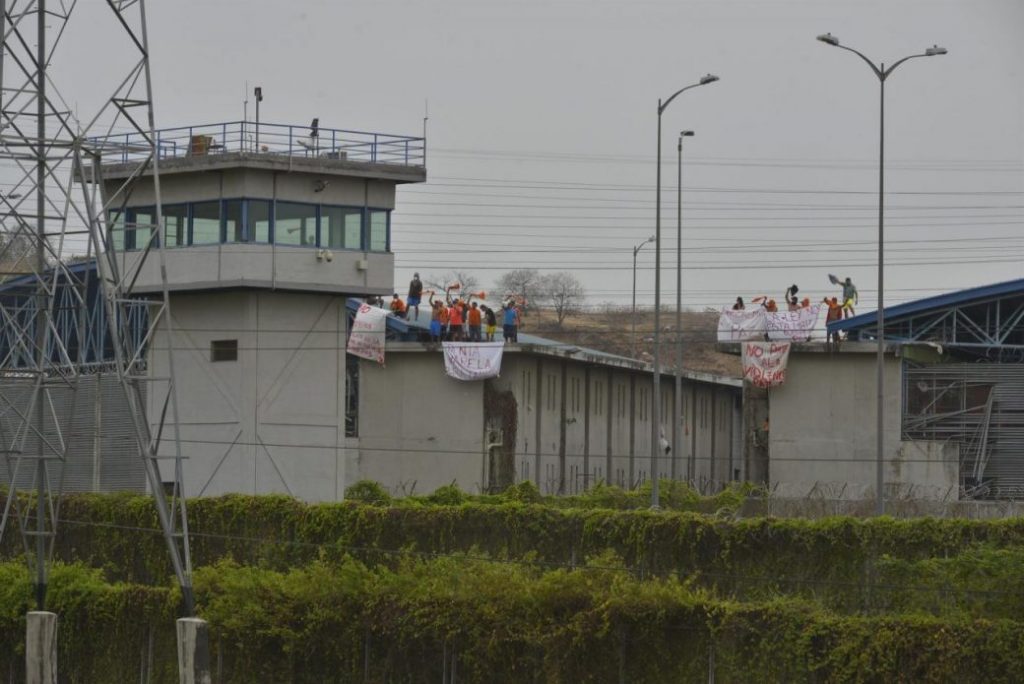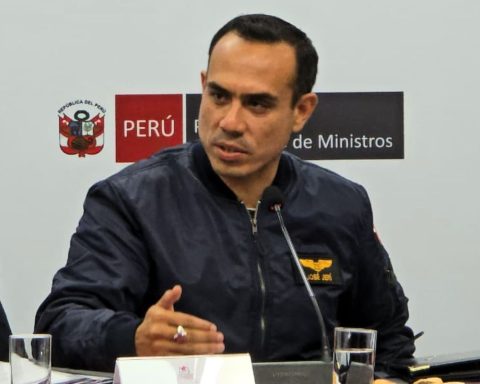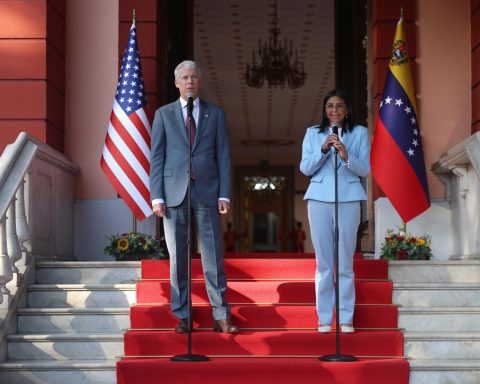The president of the Electoral Tribunal of the Federal Judicial Power (TEPJF), Reyes Rodríguez Mondragón, affirmed that political violence based on gender affects electoral integrity, the quality of democracy and individually and collectively the rights of women.
“It is very important that this time is seen as that of women because it is essential that regulations be modified, especially the practices that have reiterated gender inequality throughout our history,” said the magistrate in the city of Oaxaca during the IV National Meeting of Electoral Magistrates 2021.
“First, (women) must access spaces for deliberation and decision-making, since to a large extent it is women who can cope with the negative consequences generated by a legal system designed from a male perspective,” he said.
Before electoral magistrates of all states, he proposed to make a digital publication called “Federalism with a Gender Perspective”, In which the magistrates of each entity propose a sentence of their locality to generate a publication of national infographics with the relevant sentences for electoral justice with a gender perspective, establishing a reference for all.
The National Meeting of Electoral Magistrates 2021 has the purpose of promoting a work agenda to jointly address the problems and challenges that women still face in the exercise of their political-electoral rights, as well as to guarantee electoral justice with a gender perspective that allows democracy to become a reality parity.
Election officials and magistrates, federal and state public servants, legislators, as well as activists and leaders of social organizations in favor of women’s rights, agreed that although significant advances have been made for a parity policy, it is necessary to undertake greater efforts with new visions and approaches to combat the structural problems that still limit women in the full exercise of their citizenship rights, in order to achieve true gender equality.
In her speech, the magistrate of the TEPJF, Mónica Soto Fregoso, affirmed that the need to judge with a gender perspective subsists to the extent that structural inequalities persist, which impede the full enjoyment of women’s human rights. “The progress made in terms of gender equality has not eliminated or stopped the situation of structural discrimination faced in this area,” he said.
He said that the objective is to issue sentences that accelerate the elimination of all kinds of practices that discriminate or injure their rights, that is, sentences that are transformative, that change the social reality and the history of women for a more egalitarian society.
When referring to the judgments of the Superior Chamber of the TEPJF in which affirmative actions were issued to achieve parity in the nomination of governorships and, on the other, that so that the Chamber of Deputies is made up of 50% women and 50% men, Judge Soto pointed out that these are examples of the scope of the obligation to judge from a gender perspective and of the effectiveness of sentences that help give way to women in the exercise of public power.
For her part, the representative of UN Women in Mexico, Belén Sanz Luque, considered it necessary to continue promoting the gender equality agenda and guarantee that there are no setbacks.
The magistrate of Superior Court of Justice of the State of Oaxaca, Roxana Elizabeth López Luna, pointed out that it corresponds to the judges, the responsibility of making effective the fundamental rights and freedoms enshrined in the Constitution.
Mariana Benítez Tiburcio, president of the Collective 50 + 1 Oaxaca Chapter, and Susana Harp Iturribarría, senator and president of the Culture Commission in the Senate of the Republic, agreed that the emblematic sentence called antijuanitas, was of great importance to consolidate gender parity in the electoral processes in our country.
Representing the gobernador of the State of Oaxaca, Alejandro Ismael Murat Hinojosa, the Secretary of Administration of the Government of that State, José Germán Espinosa Santibáñez, expressed that the strengthening of democratic life and the construction of a nation with justice for women requires the co-responsible action of the entire society.
